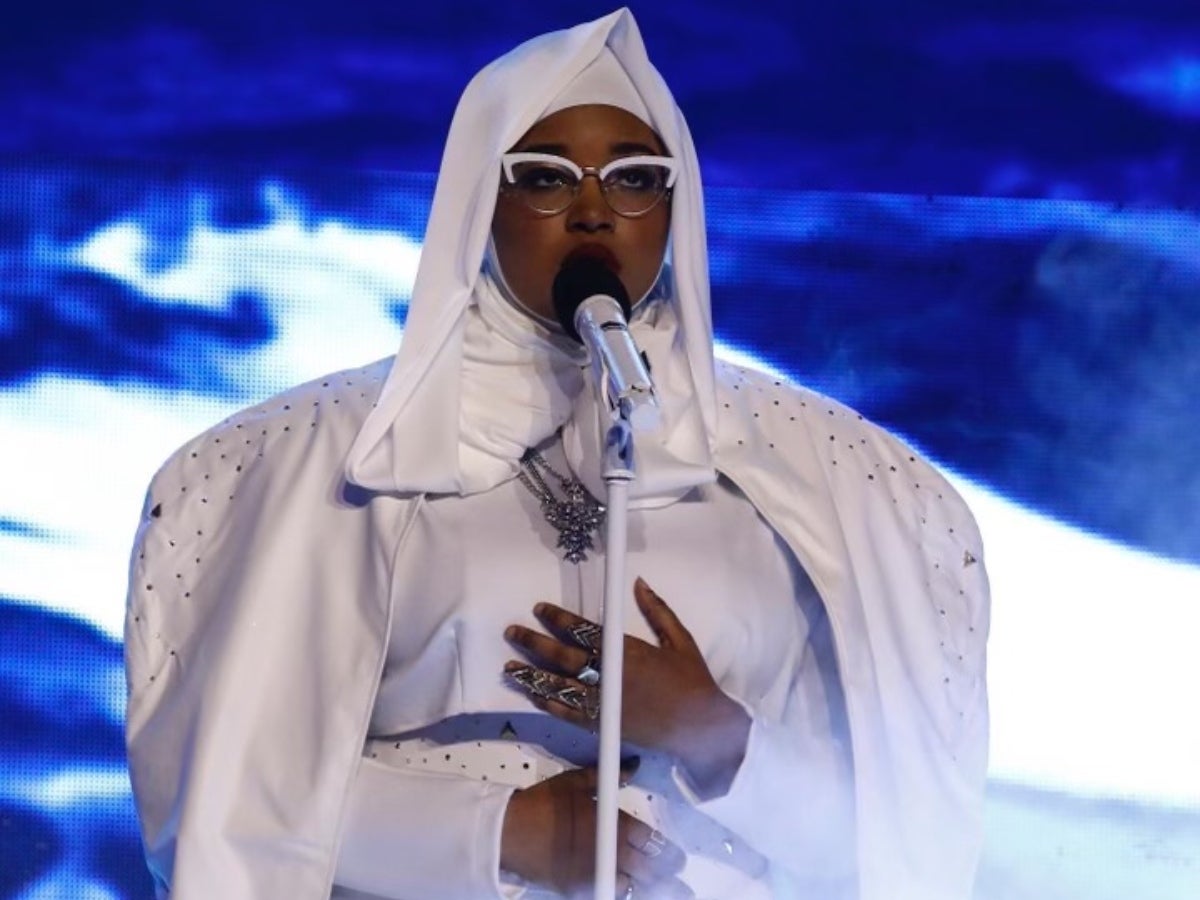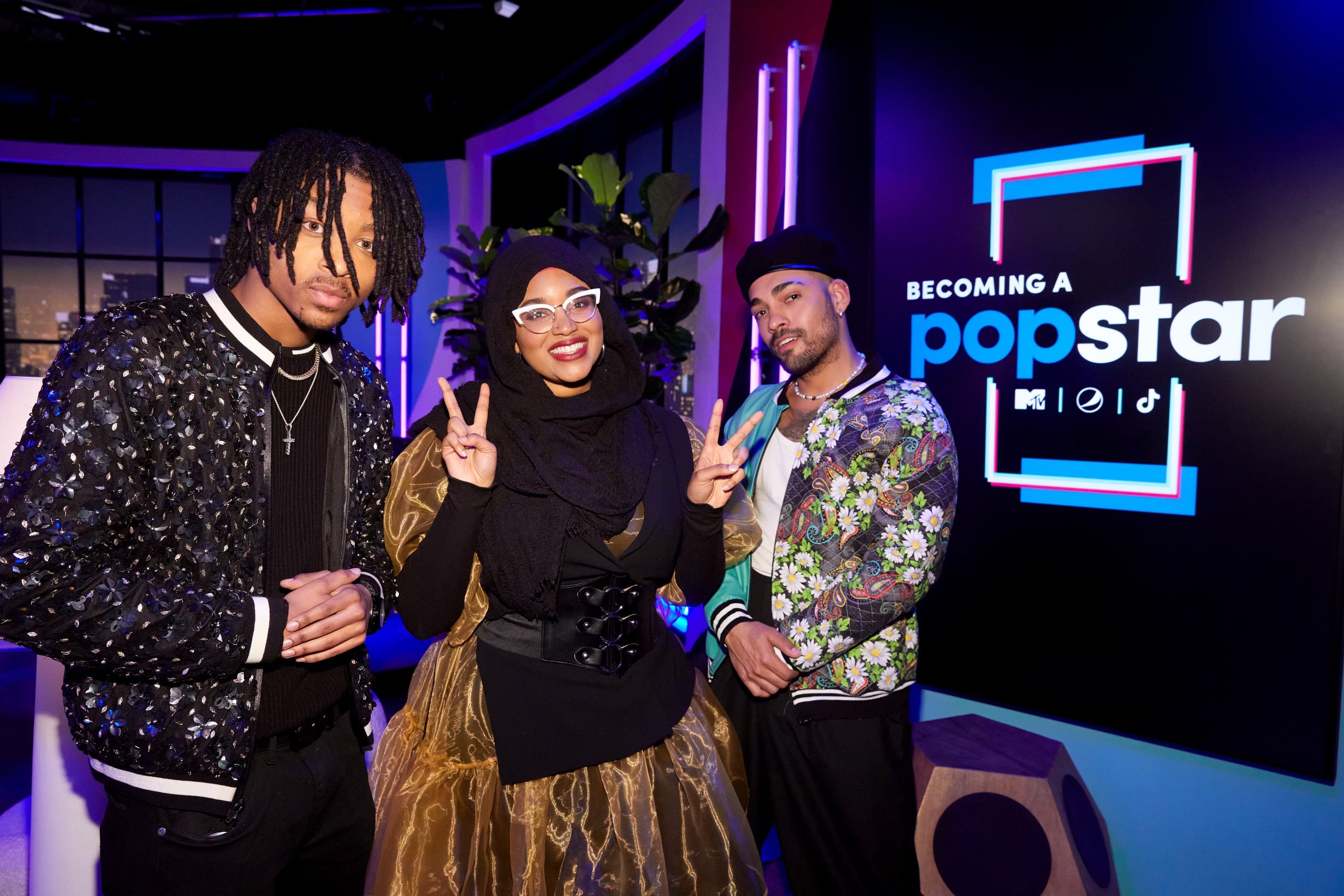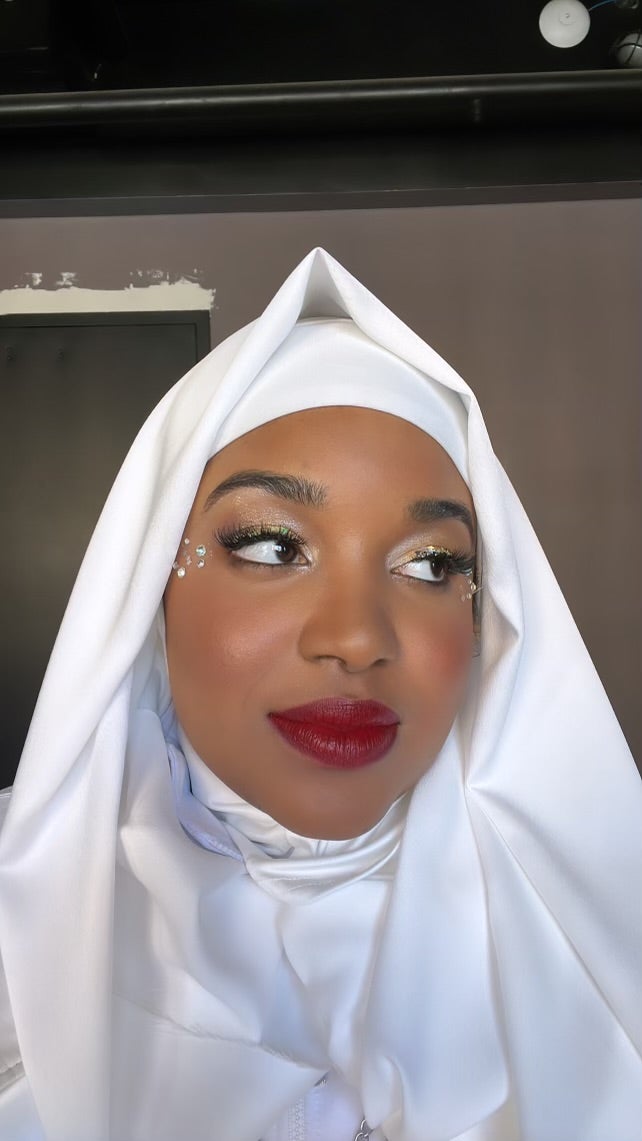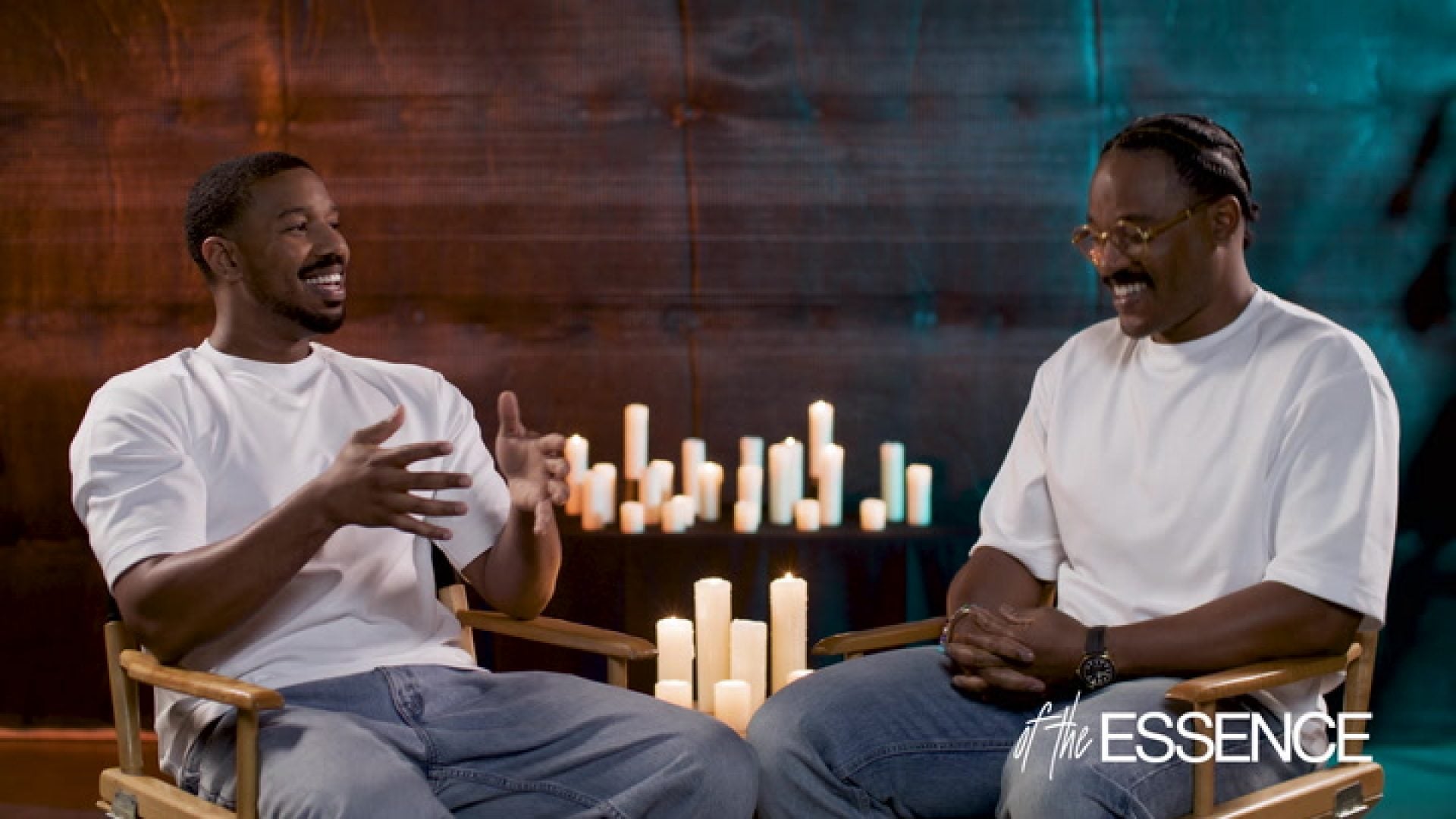
Amira Daughtery, known professionally as Amira Unplugged, knew from the age of eight that she wanted to help people through difficult times. Although she had grown up in a musical household and was passionate about singing, she believed the best way to be of service was to become an attorney. But the pandemic helped her see things differently.
“When the pandemic started, I was about to head to law school that fall,” Amira tells ESSENCE. “Then, I decided to take a step back and use social media to share some singing videos, just some covers of songs that I found uplifting from different cultures, to help people have some bright spots in a difficult time.”

Amira sits at the intersection of several different cultures herself. She’s from the south, Stone Mountain and Clarkston, Georgia to be exact, a Muslim and a member of the deaf community. Her music and message were able to touch a lot of different people.
“The response was so tremendous in just a month,” Amira says. “There were all of these direct messages and comments of people saying, ‘This helped me. I didn’t think anyone was listening.’ It made me want to push forward and keep putting videos out.”
Amira’s videos got noticed. She was invited to audition for American Idol. She made it to Hollywood but didn’t advance further and the show never aired her footage. Undeterred, she started releasing original music on Tik Tok last year. Amira, who is completely deaf in her left ear, used sign language along with her voice to reach a broader audience. Those videos got her an invitation to participate in MTV’s new singing competition show, Becoming a Popstar.
The show was different from other shows like it. Contestants were tasked with creating original songs in a short time frame, but also shooting videos that would later be judged by a a panel of professionals including Joe Jonas, Becky G and Sean Bankhead.
Amira placed second in the competition when it was all said and done. And she did so by honoring the various parts of her identity.
As a child, Amira’s parents encouraged her to join the band and orchestra where she played the clarinet and violin. Those early musical experiences taught Amira that you could feel music. Communicating with members of the deaf community on social media, Amira wanted to create her music with them in mind.
“I’ve realized how impactful texture and rhythm is to the enjoyment of music to deaf and hard of hearing people. When I’m writing, something what I really try to do is incorporate a lot of interesting texture because people have to be able to feel the music through their body so that everyone is included,” she explains.

Texture can be anything from an intentional pattern and movement that would guide someone throughout the message and feel of the song or the inclusion of instruments that are more tactile, sounds you can feel in your chest. And Amira said that goes beyond just bass. Amira prefers violins, guitars and even the piercing sounds of a piccolo to create a color story you aren’t actually hearing in the lyrics of the song.
In addition to the feel of her music, Amira and her team on Becoming a Popstar were very cognizant of the visual and overall message she presented as a Muslim artist.
“I’m very, very conscious of the fact that this is something you don’t normally see on television,” Amira says. “And I made every decision with my community in mind while not erasing myself. [I’d ask myself,] What is the message of this song? Is it something Muslim kids could listen to? Is it something everyone could be inspired by? How am I dressed? How does my hijab look? Is it visible? I didn’t want to hide it or make it costumey. I wanted people to see this is who I am and it’s fashionable.”

Thankfully, Amira was surrounded by people who not only understood her intentions but helped to execute them in this fast-paced, competitive environment.
“I always try to give a lot of kudos to the production team, everyone who was there on set, wardrobe. They were very receptive to making it an authentic and comfortable experience. They made sure I had space to pray and that my clothes fit properly. Even on the set of my “Sunshine” video, the director had a wind machine and my stylist Monique said, ‘Okay, that’s blowing her hijab from across her chest. You’ve got to find a different angle.’”
Now that the competition is over, Amira is looking to release new music.
“My goal is that by early August, I want to have my first real, independent singles out. I’m hoping to start really performing and getting out there. Maybe I’ll get to ESSENCEFest one day. I’m just trying to really hit the ground running.”
Through her journey she hopes that she can inspire people to live authentically regardless of where you may end up.
“My mantra throughout this entire experience has been that you can be yourself and win,” Amira says. “I think if people leave feeling that way, then I know I’ve done something right.”




